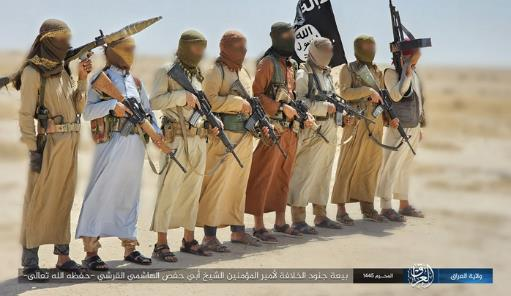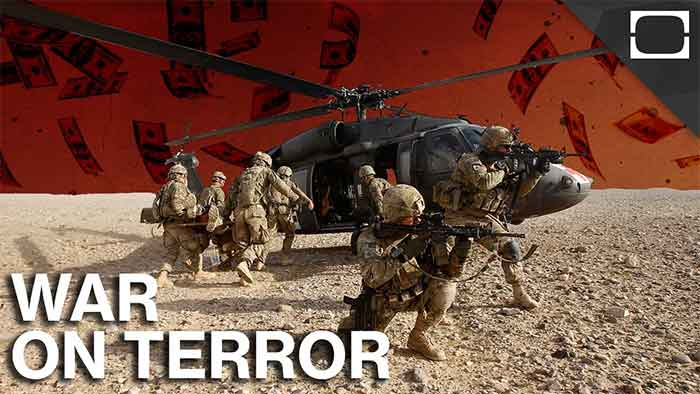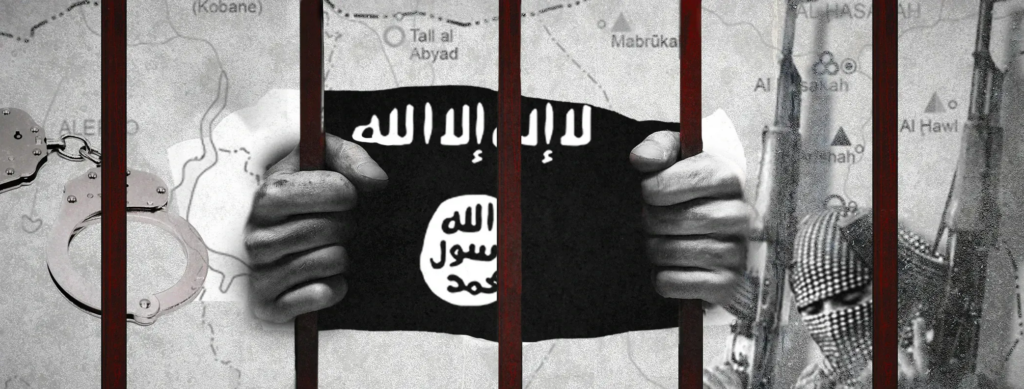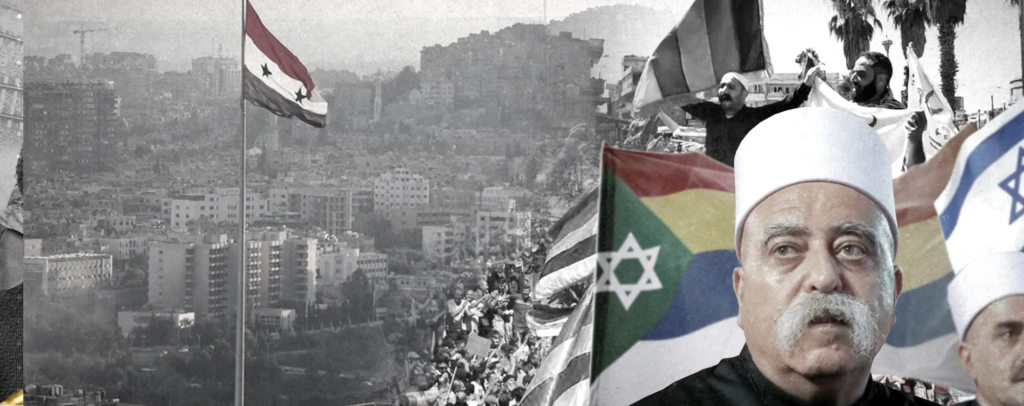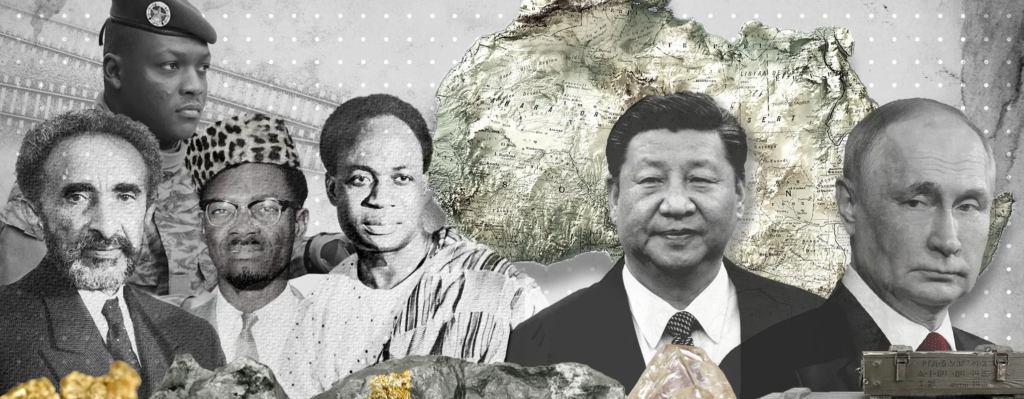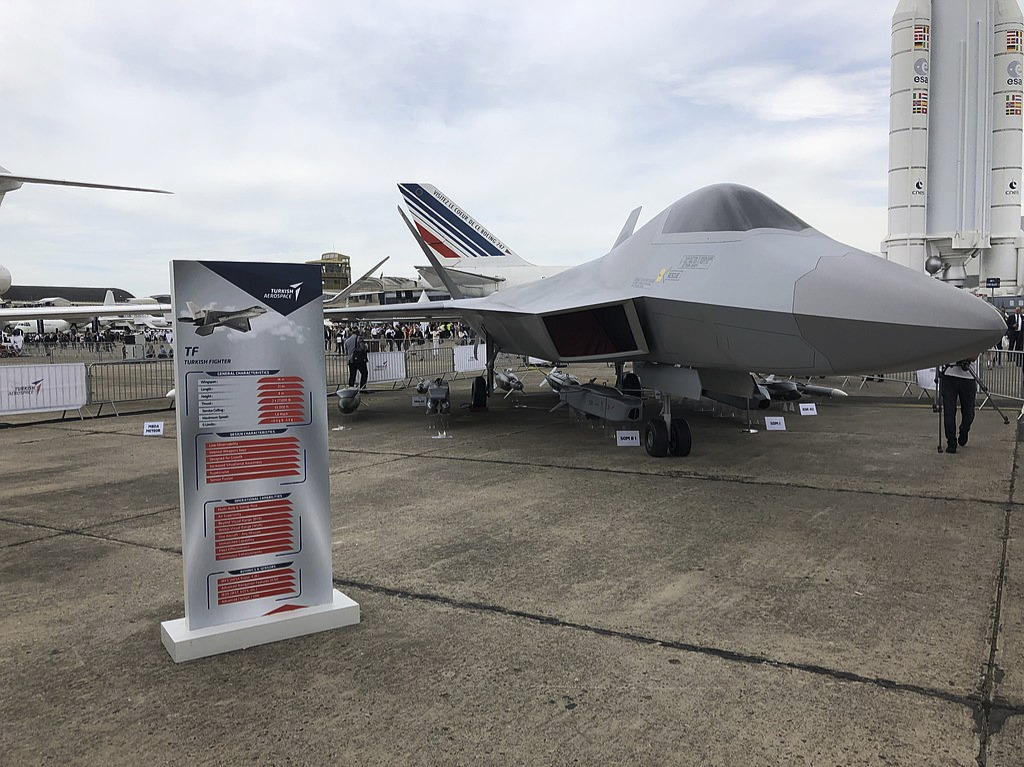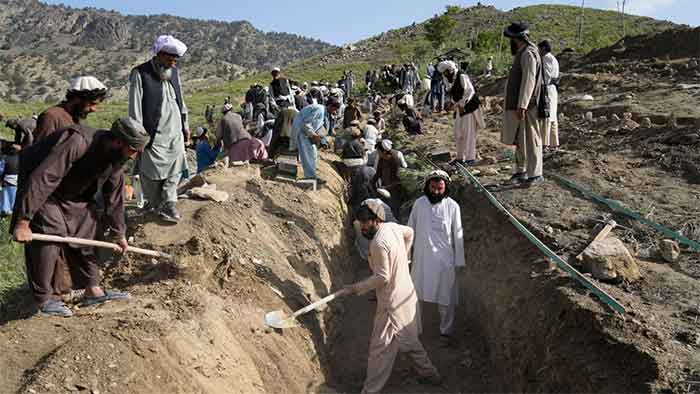Massacre in Goma Clouds DR Congo’s Elections and UN Mission’s Future
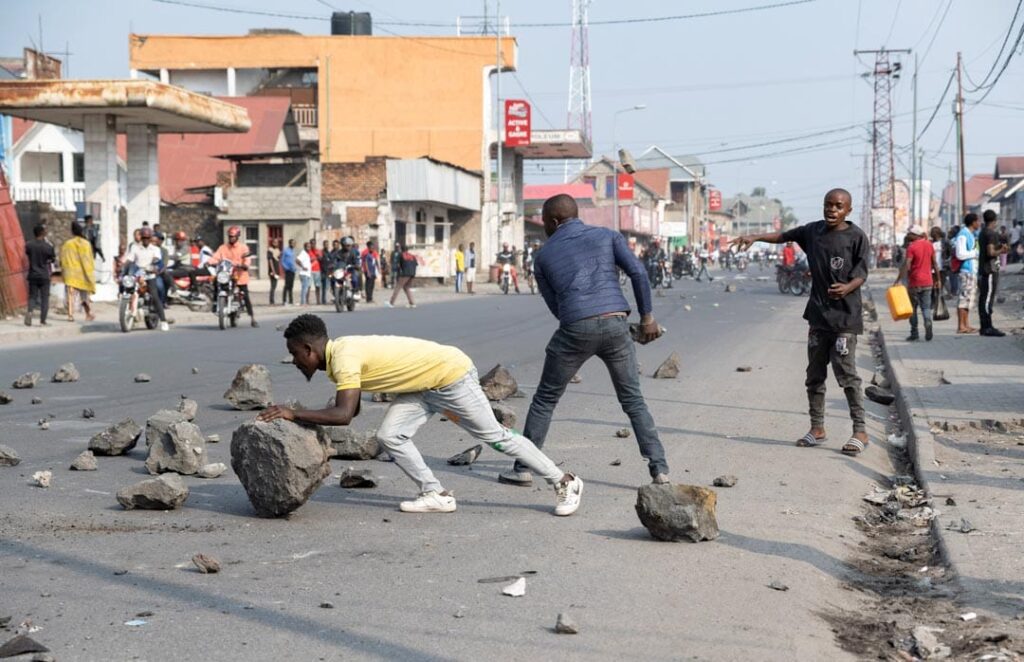
On 30 August, elite troops slaughtered over 50 civilians planning to protest perceived foreign interference in the eastern DR Congo, three months ahead of elections. The government has asked the UN for an “accelerated” withdrawal. Crisis Group experts Richard Moncrieff and Onesphore Sematumba explain the stakes.

